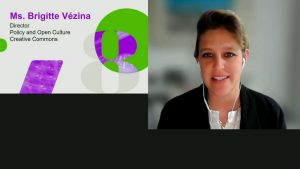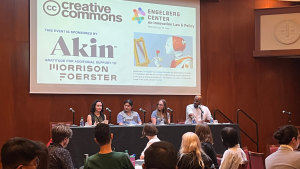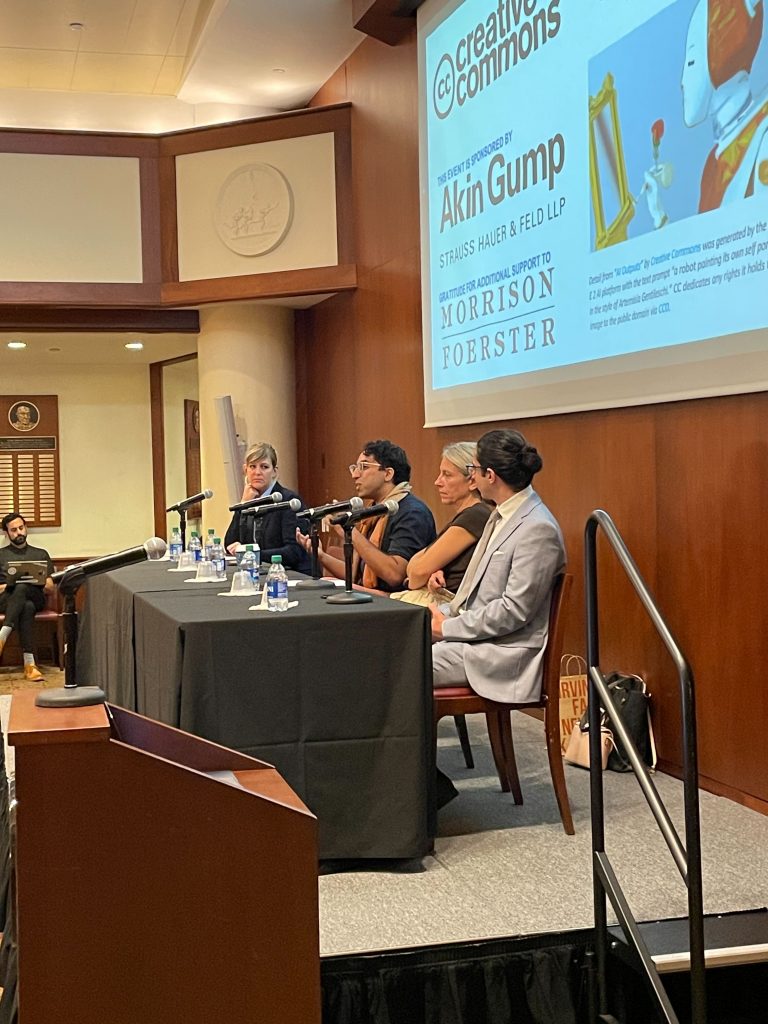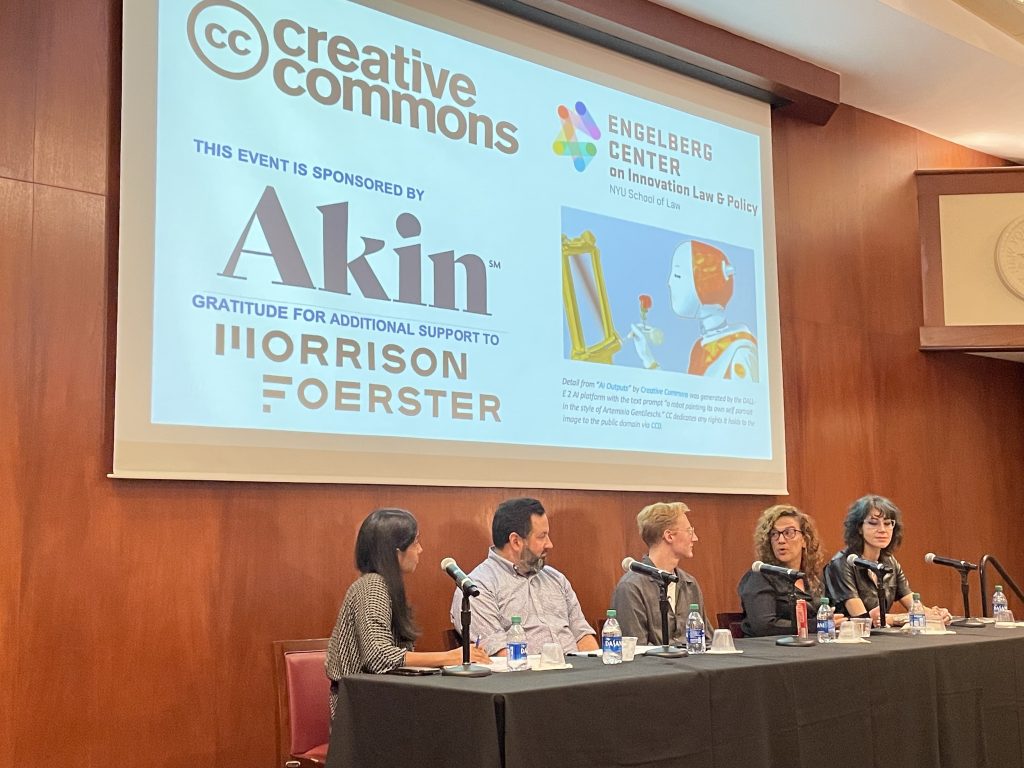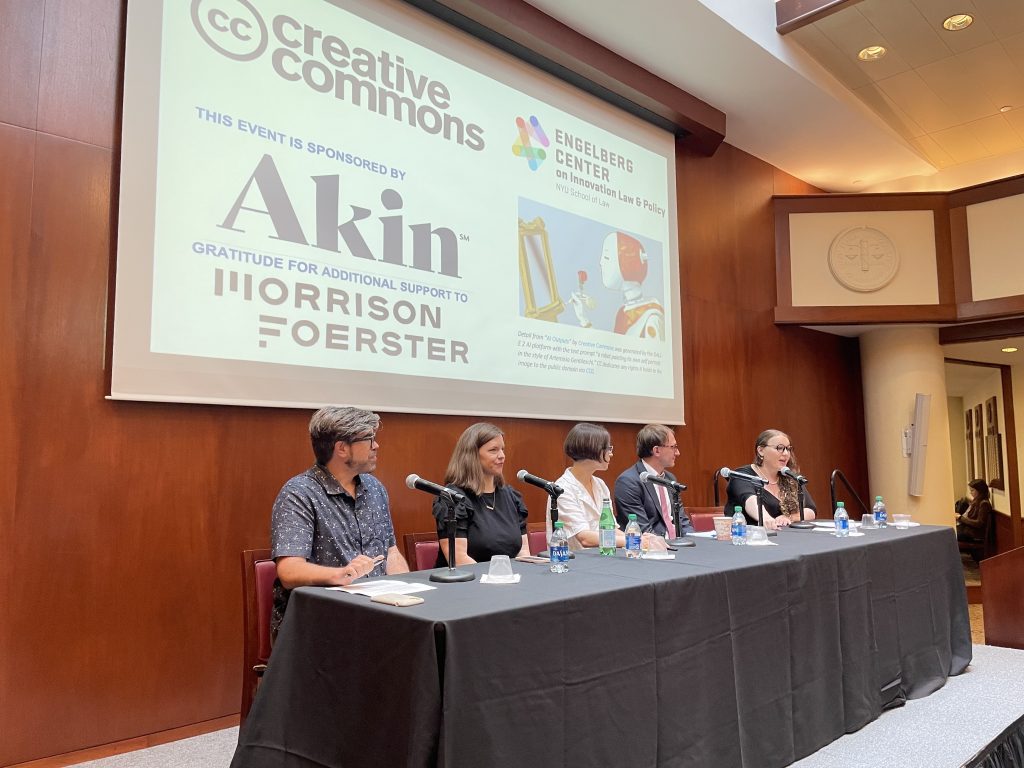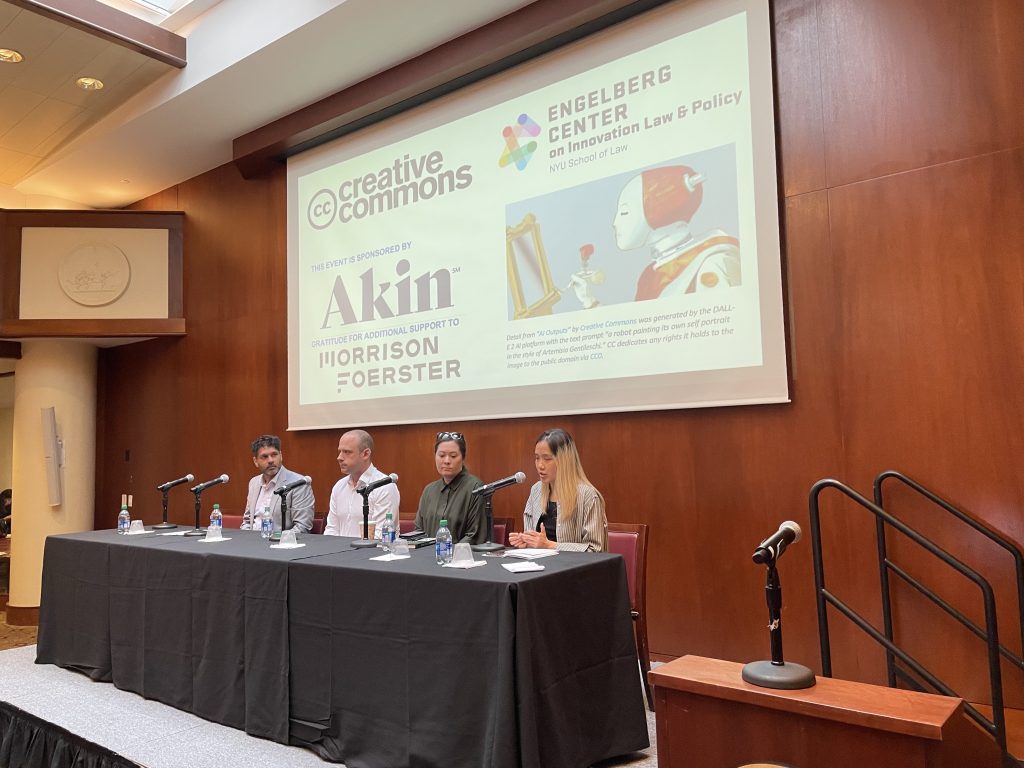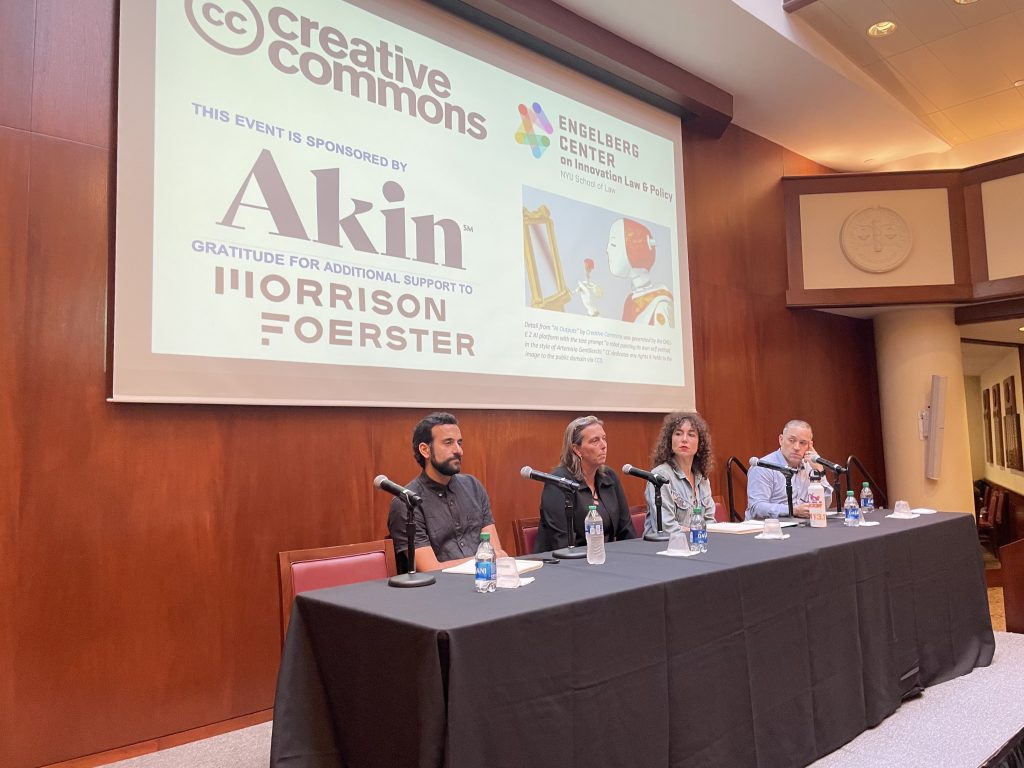Marina Núñez Bespalova Será una Oradora Principal en la Cumbre Mundial CC 2023
samedi 23 septembre 2023 à 23:45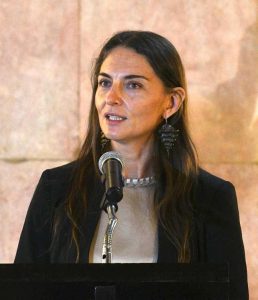
Tenemos un grupo increíble de personas preparadas para ser oradores principales en la Cumbre Global 2023, que se llevará a cabo del 3 al 6 de octubre en la Ciudad de México. En nuestros primeros anuncios, dimos la bienvenida a la escritora Anya Kamenetz y al líder de medios Māori Peter-Lucas Jones. Ahora nos sentimos profundamente honrados de anunciar que el discurso de apertura de la Cumbre estará a cargo de Marina Núñez Bespalova, Subsecretaría de Desarrollo Cultural de México, quien hablará sobre la cultura global desde la perspectiva profundamente arraigada de México y América Latina.
Marina Núñez Bespalova es subsecretaria de Desarrollo Cultural de la Secretaría de Cultura de México desde agosto de 2019. Doctorada en Filología Hispánica, Marina es editora y gestora cultural con casi dos décadas de servicio público en el sector cultural. Anteriormente ha sido Directora General de Publicaciones de Conaculta (el Consejo Nacional para la Cultura y las Artes), la Secretaría de Cultura y del Archivo General de la Nación, y estuvo a cargo de la concepción de la plataforma LibrosMéxico. También ha sido encargada del programa Salas de Lectura y del Plan Nacional de Lectura de 2016 a 2018, de la expansión de diversos programas infantiles y juveniles, así como de programas específicos sobre intervención cultural en situaciones de crisis y trabajo con población migrante, entre otros cargos públicos. Ha formado parte del grupo que promovió diversas iniciativas de ley en materia cultural. Ha sido docente en universidades globales en las que, además, ha tenido estancias de investigación, como la Queen Mary University of London, la Complutense de Madrid o la Sapienza de Roma. Recibió apoyos del Ministerio de Educación de España para realizar su tesis doctoral y participar en un grupo de investigación sobre la Edad Media y la cultura laica a través del mecenazgo. Ha participado ampliamente en foros nacionales e internacionales, ha enseñado numerosos cursos y seminarios y ha sido autora de obras en publicaciones académicas y literarias.
Al igual que Marina, todos nuestros oradores principales se conectan directamente con las áreas de enfoque de CC, desde la creatividad contemporánea y el patrimonio cultural hasta los medios, la ciencia, la educación y el periodismo. Con el tema de la Cumbre sobre la IA y los bienes comunes, también esperamos enfrentar el desafío de perspectivas nuevas y renacidas que deberíamos considerar al pensar en la inteligencia artificial y su intersección con el conocimiento y la cultura abiertos. Todas los oradores principales de la Cumbre honrarán tanto la ubicación de la Cumbre en México como el alcance global de la comunidad CC.
¡Estén atentos para conocer a nuestros otros oradores principales! Te invitamos a unirte a nosotros en la Cumbre en la Ciudad de México para escuchar hablar a Marina y muchas otras voces diversas. Nuestra esperanza es que los oradores principales, el programa completo de la Cumbre y nuestras conexiones informales en la Ciudad de México y en línea se combinen para permitirnos a todos cultivar la estrategia de CC de compartir mejor, un compartir que sea contextual, inclusivo, justo, equitativo, recíproco y sostenible.
The post Marina Núñez Bespalova Será una Oradora Principal en la Cumbre Mundial CC 2023 appeared first on Creative Commons.
